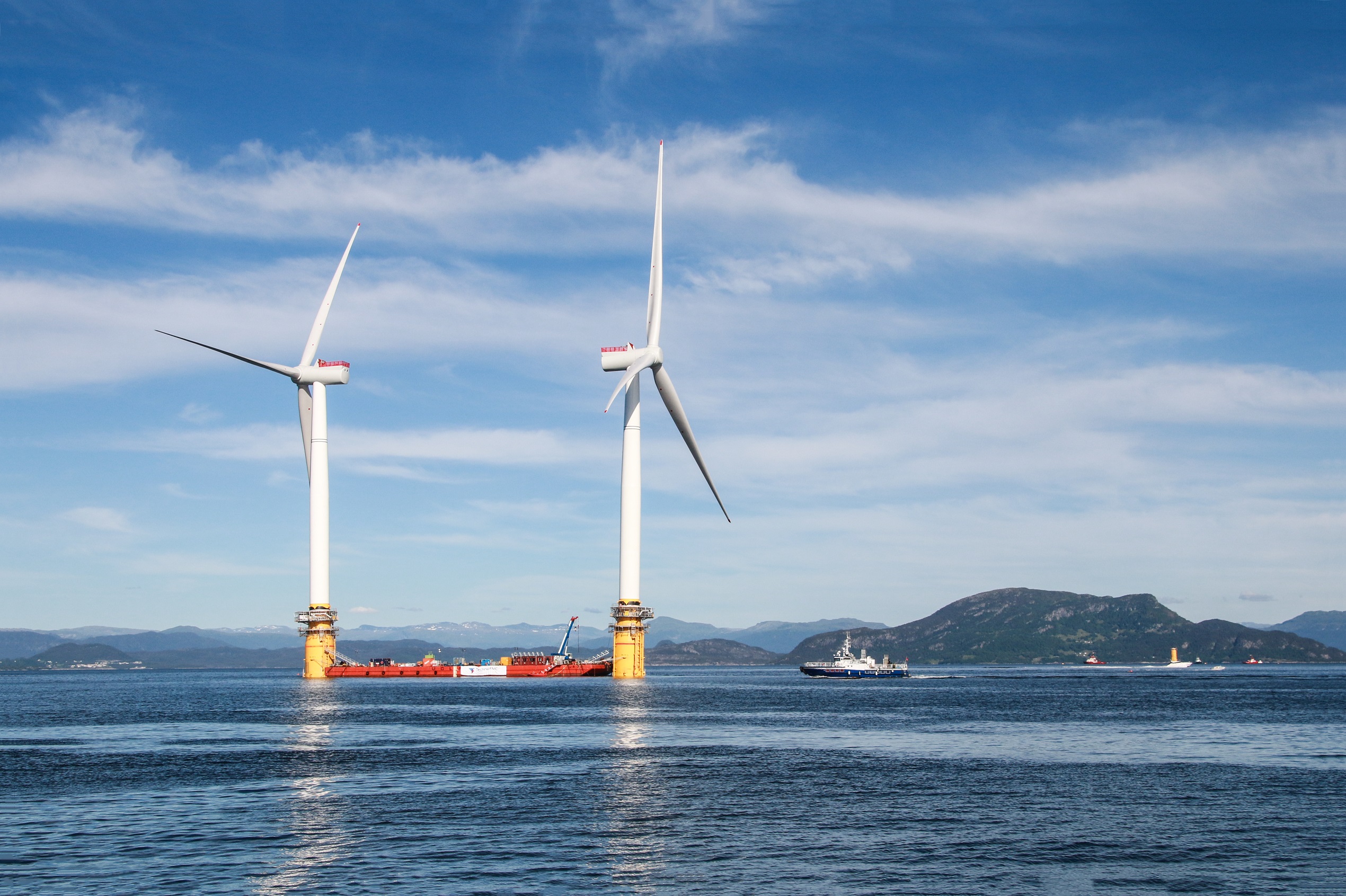The Energy Transition | Chris Stark to lead new clean energy 'Mission Control' unit
Published on 16th July 2024
Welcome to our top picks of the latest energy regulatory and market developments in the UK's transition to net zero

This week we look at the government's new clean energy "Mission Control" unit, the new National Wealth Fund and a new Energy UK report on making the UK a clean energy superpower.
Former Climate Change Committee head Chris Stark to lead "Mission Control" – Labour's new UK clean energy unit
The government has announced that Chris Stark, the former head of the Climate Change Committee (CCC), will lead the new "Mission Control" for clean power, a unit tasked with delivering on targets for cheap and clean energy by 2030.
Stark was head of the CCC from April 2018 to January 2024, during which time the independent watchdog recommended a UK net zero target for greenhouse gas emissions by 2050, which has since become law. He was also the Director of Energy and Climate Change in the Scottish government from May 2016 to April 2018, and had been chief executive of the Carbon Trust from April this year until his appointment to Mission Control.
Secretary of State for Energy Security and Net Zero, Ed Miliband, said Mission Control will be a "one-stop shop, bringing together a top team of industry experts and officials to troubleshoot, negotiate and clear the way for energy projects". The new body will work with key energy organisations including Ofgem, National Grid and the Electricity System Operator (ESO) to facilitate progress on new and existing clean energy projects. It will also operate alongside Great British Energy, the government's new publicly-owned green energy company, in its aims to provide cheap energy and UK energy independence.
Under Chris Stark's leadership, Mission Control will focus on four key areas:
- Implementing and tracking the overall strategy to delivering clean power by 2030 across the energy system.
- Real time monitoring of progress on UK infrastructure projects critical to the 2030 goal.
- Promoting discussion among experts to facilitate innovation.
- Serving as a convener for the Mission Control approach across government and with industry.
On his appointment to the new role, Mr. Stark said: "tackling the climate crisis and accelerating the transition to clean power is the country's biggest challenge, and its greatest opportunity. By taking action now, we can put the UK at the forefront of the global race to net zero”.
In the announcement, the government also asked the ESO to provide independent advice on the pathway to achieving the 2030 net zero targets to support Mission Control, and confirmed the intention to establish the National Energy System Operator. This new body will take the form of a publicly-owned company overseen by Ofgem which will assume the ESO's existing responsibilities, as well as additional duties aimed at meet the demands of an increasingly decentralised grid.
Government announces National Wealth Fund
Chancellor of the exchequer, Rachel Reeves, and Business Secretary, Jonathan Reynolds have confirmed plans to launch a new National Wealth Fund to invest in the UK's green and growth industries.
The National Wealth Fund will align the UK Infrastructure Bank (UKIB) and the British Business Bank (BBB), with the aim of mobilising billions in private investment. £7.3 billion of funding will be immediately available through the UKIB, in addition to its existing budget. Included in this new fund will be £1.5 billion for the construction of gigafactories, £1 billion for the deployment of carbon capture technologies, and £500 million towards production of green hydrogen.
The BBB, which is overseen by the Department for Business and Trade, will also be reformed to ensure it can leverage its investment pipeline and reputation as the UK's largest venture capital investor to attract institutional capital.
The Treasury will now engage with a variety of industry, government departments and UK public finance institutions to develop plans to take the National Wealth Fund forwards. Further detail will then be set out in advance of the government's international investment summit later this year. Once parliamentary time allows, the government intends to cement the National Wealth Fund in statute.
Local partners, including mayors, will also provide input into the National Wealth Fund. The Prime Minister and Deputy Prime Minister have met with all regional mayors in 10 Downing Street, to foster the relationships between central and local government with the goal of accelerating growth in all areas of the country.
Ed Miliband said that the National Wealth Fund, "will help create thousands of jobs in the clean energy industries of the future to boost our energy independence and tackle climate change."
Energy UK report on how the new government can make Britain a clean energy superpower
Energy UK has published a report, "Mission Possible: The steps to make Britain a clean energy superpower", which sets out policy proposals for the first year of the new Labour government on how to shape the future of UK energy. The report outlines the five crucial areas to help achieve the government's decarbonisation targets, including the need to double onshore wind power, triple solar power and quadruple offshore wind power, by 2030.
In the report, Energy UK praises the ambition shown by the new government to make Britain a superpower in clean energy and reiterates its desire to work closely with the government to reach targets including clean power by 2030, affordable energy bills and closer UK-EU cooperation.
Energy UK calls for the government to reduce barriers for the private sector to deliver on expansion of clean electricity. The report sets out recommendations including increasing the budget for Contracts for Difference (CfD) allocation round 6 from £800 million to £1.5 billion, which the report states could result in up to 5GW of extra capacity being procured. The report also calls for further reform to the CfD regime to ensure it remains the "gold-standard" for deployment of renewables, including adopting market-reflective reference prices and a five year increase in the duration of the contracts to 20 years.
The report states that the grid is becoming a major blocker for the growth of the economy and calls for drastic change to the connections process. It recommends that at a policy level the government tackles barriers to grid expansion through directing Ofgem to develop a standardised system for applying for connections to the distribution networks, to be implemented by Distribution Network Operators, and accelerating the pace of current reforms to the transmission network including the Connections Action Plan.
Further policy recommendations in the report include:
- Making swift refinancing decisions on nuclear, hydrogen, long duration energy storage and carbon capture technology.
- Accelerating the construction of essential infrastructure and addressing delays in the planning system.
- Proposing a "robust and detailed" plan for achieving the 2030 clean power target which enables real-time progress assessment.
- Increasing efforts to support cleaner heating systems, energy-efficient and decarbonised buildings, and the electrification of transport.
Energy UK is clear in its report that the new government needs to work closely with industry to provide a better service for consumers and to make Britain a world leader in the Energy sphere.
This article was written with the assistance of Luke Hopper, Khushal Thobhani, Jessica Sawford, Charlotte D'Arcy and Hannah Bradley.





